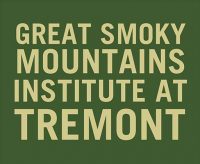Each summer, Tremont welcomes Community Science Educators to join the Tremont science team. These educators are tasked with an array of projects which include co-leading our science camps for teens, helping to run our bird banding station, engaging in data collection on butterflies to lichens to salamanders, and creating their own project to strengthen Tremont’s understanding of an area of interest related to science in the Smokies.
Faith Reed was one of two Community Science Educators for the summer of 2023. A historian by training, Faith provided a unique perspective on science and helped bridge the gap between what is often separated as “liberal arts” vs “science.” As students of nature, we at Tremont know that everything is connected, and that the process of careful observation and investigation spans all realms of learning.
The following thoughts and lesson plan were authored by Faith during her summer at Tremont. Thanks, Faith!
Because of the division of subjects in school and the nature of these classes, many people come to identify themselves as either a “science and math person” or a “history and English person.” This division boxes people into a category, leading many to neglect or abandon the other disciplines throughout their lives. Identifying as one or the other also leads many people to believe that they are not “good at” the other subjects.
This division of subjects also causes a rather arbitrary separation of the disciplines. We know that every single subject that is taught in schools makes up a component of the world we live in. By separating subjects in schools – and in our minds – we sever connections that can be made amongst the disciplines and narrow the ways we can view the world around us.
Chengkun Wu at the University of Manchester’s Doctoral Training Centre for Integrative Systems Biology explained it by saying, “You work with a group of people from different disciplines and, actually, you learn the thinking styles of other disciplines. I can’t solve every problem, but I know how to express the problem to experts in other fields.”
With the huge emphasis on STEM (science, technology, engineering and math) over the last several decades, the humanities have taken a backseat. While STEM classes are important, there are numerous societal benefits to including the humanities in education: students who receive effective social studies instruction are more likely to vote and discuss politics at home, four times more likely to volunteer and work on community issues, more confident in their ability to speak publicly with their elected representatives, and less likely to drop out of school (Campaign for the Civic Mission of Schools. “Guardian of Democracy: The Civic Mission of Schools.” 2011.).
In an effort to connect subjects that people tend to view as opposites and to promote the inclusion of the humanities, I have written a lesson plan for educators to utilize both science and history to explore the creation of the Great Smoky Mountains National Park. Check out the free lesson plan here.
Does living, working, and exploring the Smokies through science for a summer sound fun? Join us for the 2024 season! Summer Community Science Educator jobs are now posted!
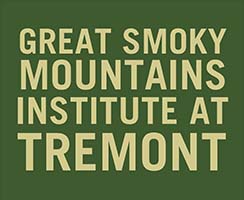
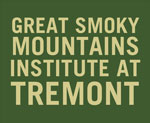

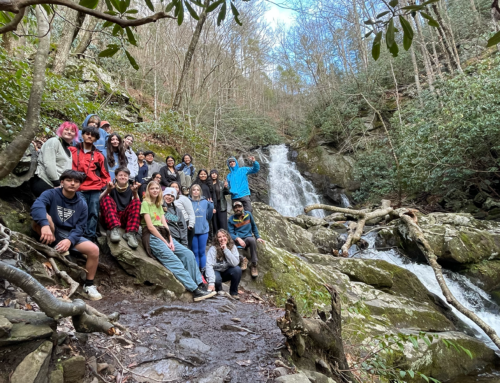
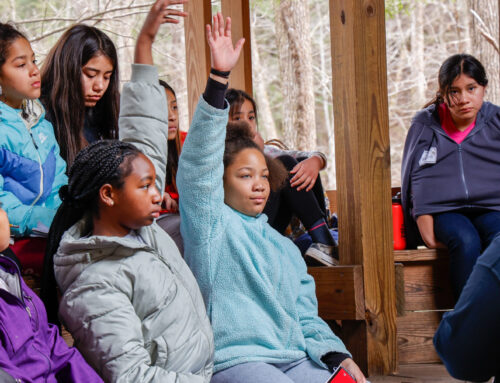
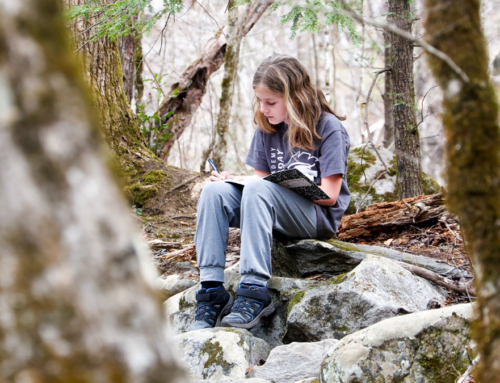
![A Deep Dive Into Wetlands [Free Lesson Plan]](https://gsmit.org/wp-content/uploads/2024/02/madeline-blog-cover-500x383.png)
